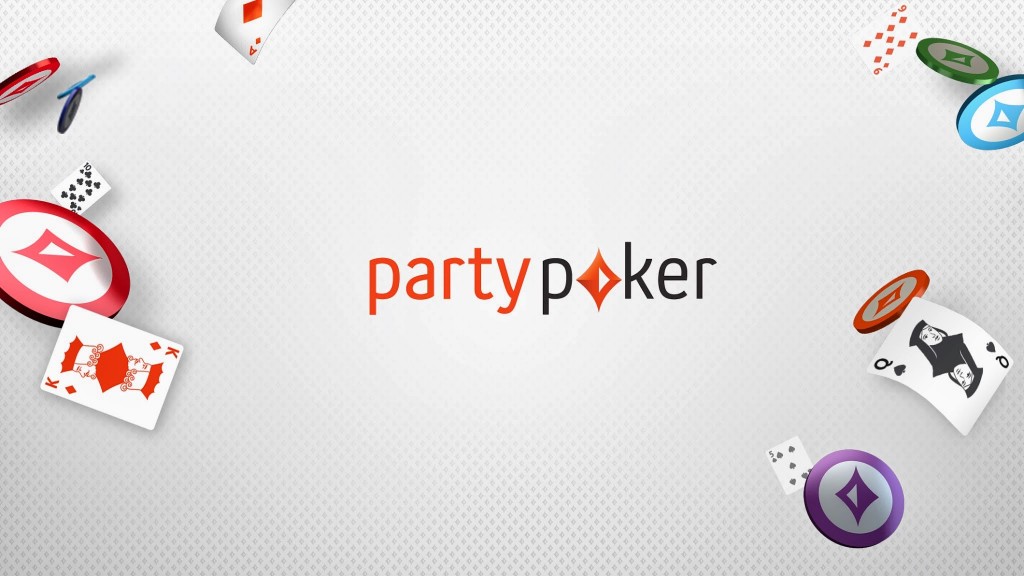 Party Poker room announced upcoming changes a few days ago. On June 17, all players in this room will be required to change their nicknames, and all tracking programs (PokerTracker, Hold ‘Em Manager) and HUDs will be banned.
Party Poker room announced upcoming changes a few days ago. On June 17, all players in this room will be required to change their nicknames, and all tracking programs (PokerTracker, Hold ‘Em Manager) and HUDs will be banned.
This change aims to revive the online poker market and attract more new players. According to Party Poker room business partner Rob Yong, this change should reduce the gap between higher and lower-level players. New players, knowing that no information will be collected about them, will feel more comfortable at the tables and play more.
New Party Poker Rules
In the original announcement, some details were unclear, so Rob Yong participated in a podcast with Jeff Gross. A lot of new information emerged in this conversation. Firstly, since HUDs and tracking programs will be banned, there will be no local hand history. Players will not be able to download their played hands from the site, only review them through the Party Poker Replayer. Rob Yong also commented that he doesn't like the note-taking function and would seek to eliminate it, but for now, it is not a primary priority.
On other sites where HUDs do not work, simple information about other players (aggressiveness or VPIP percentages) is sometimes provided. Rob Yong states that no information provided by HUDs will be available in the Party Poker room, as not all players understand PFR, VPIP, or other statistical terms.
It is likely that if successful, other rooms may follow Party Poker's example. Recently, Pokerstars banned the use of certain statistics and Nash equilibrium tables. We can observe a general trend in the online poker world that HUDs and tracking programs will likely be banned in all rooms in the coming years.
The Future of Online Poker – Without HUDs and Tracking?
We asked Poker School coach Paulius Žulonas for a comment on this change:
“I think that in the long run, it is beneficial. Creating a fish-friendly environment is beneficial for everyone in the long term. In the short term, of course, regs are angry because their edge is taken away: useful note-taking, understanding HUDs are specific skills and knowledge that recreational players and weaker regs do not have. But in the long run, since such programs and opportunities exist, and recs do not know how to use them, it reduces [their] desire to play and compete because (even without talking about the skill gap) the situation seems unfair even before starting to play.
One of the most respected players, Phil Galfond, theorized a lot about this in his blogs while creating RIO poker software and practically applied it in his room from day one (HUD ban, anonymous tables, and so on).”
Phil Galfond's Run It Once blog provided many arguments for banning HUDs, although he does not think that statistics are inherently bad. On the contrary, Galfond likes HUDs and statistics because they add an extra layer. The problem with these programs is their impact on recreational players. The advantage of regular players over recreational players increases every year, and this gap is further widened by the presence of HUDs, as statistics can show the best ways to exploit an opponent's mistakes. The main underlying problem is the number of recreational players and the supply of money, as with increasing advantage, many non-professional players lose more and faster. Overall, the amount of money in poker circulation is decreasing everywhere, reducing the profit of all players in the long run. An additional argument presented by Phil Galfond is that some players, just seeing HUDs, might think that playing is not worth it and simply quit online poker.
On June 17, one of the biggest changes in online poker history will take place when Party Poker bans the use of HUDs. The long-term consequences of this are still unclear, but from the comments of professional players, it seems that we can expect a revival of the online poker industry.





